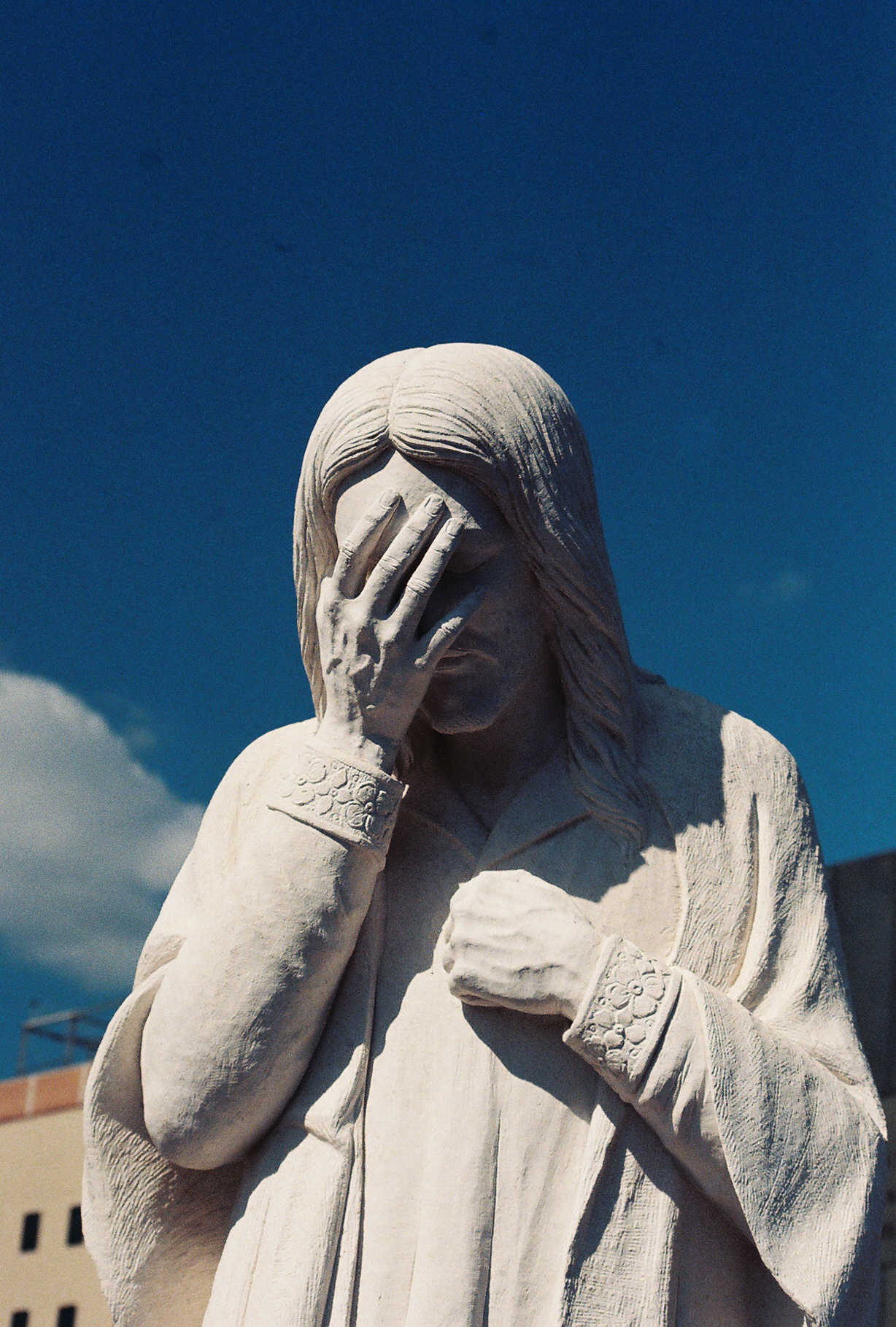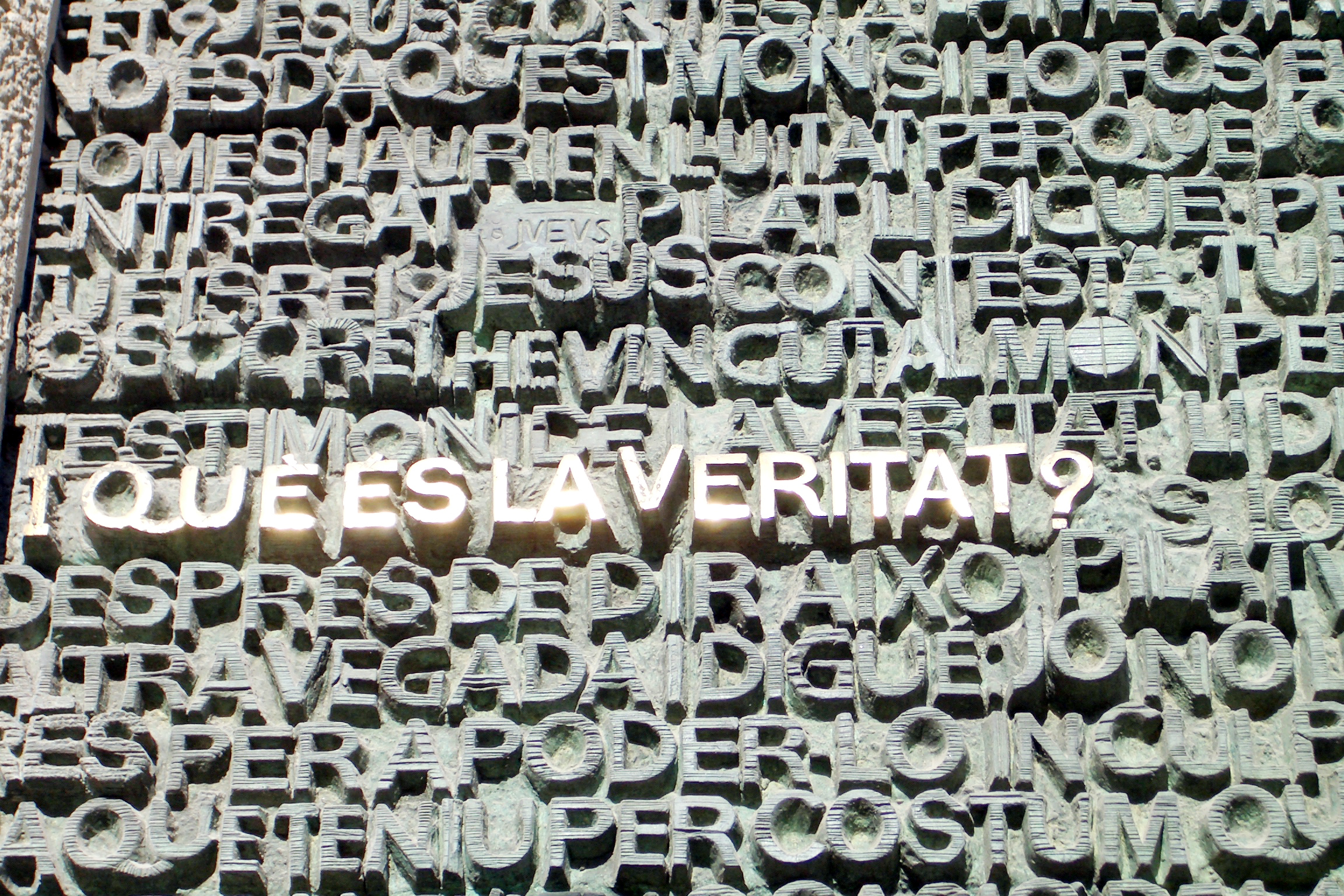Sometimes I grow weary of writing about the same things over and over. But that’s what I know.
I don’t really want to spend all my time writing about current events or politics, because honestly, I don’t care. I only watch enough to prepare myself. No amount of shouting from the rooftops will prevent the coming societal breakdown, if there is one in my lifetime.
I mostly write about creative pursuits, because I’m a creative kind of guy. So where does that leave me when I’m not really working on any specific creative projects?
Well, I’ve had some really good discussions lately with a younger friend and aspiring writer. We’ve spent some time going through plot structure, motivations, story mechanics, and all sorts of interesting things. And it’s kind of gotten me interested in writing fiction again. And there’s no end of half-completed stories I could work on.
I’ve also been inspired to make ambient guitar music by Bill of Chords of Orion (I highly recommend his Youtube channel, he’s the Bob Ross of guitar). He issued a challenge to make a simple, 5-song EP using whatever you have laying around. I’ve really been intrigued by this, and I want to give it a shot.
Both of these projects would require a dedication of time, which I am perilously short on. And there’s so many other things I want to do- which is always the case- and so I have to choose what gets done and what doesn’t. An exercise routine also needs to go in that mix.
I think for starters, making a 5-song ambient guitar EP would be the fastest and easiest. I could complete this in a couple of weeks. It wouldn’t be spectacular of course, but would be enough of a challenge to get my feet wet.
The book ideas, though, will require much more time. World-building, character and plot development, and actually writing it should take several months, at best.
Do I want to dedicate an entire year of free time to writing, editing, and publishing another book? I guess that depends on what I hope to get out of it. For me to make any money at it would require immediately writing another one- and then another one after that. Almost nobody makes a career out of writing a single book. So if I were doing it for any other reason than “I just want to” it would mean years of dedicating myself to writing. And as much of a challenge as that would be, I’m not sure I’d be up for it.
Of course, if I spent that same amount of time making an album instead, who knows what it would be like? Probably decent, but what would the creative process look like?
The Process of Finding Joy
Ultimately, I could do either one. I’m perfectly capable of writing another book or making an album. But which one would bring me more joy and life?
I think for me, making music is something that I’m not only good at, but I’m also passionate about. And as I’ve written about recently, instead of submerging myself in Contemporary worship music, I should be singing my own song to God. Which means I need to start writing down some of the many song ideas I’ve had over the last 20 years.
Can I shape them into some kind of music that satisfies me? Would anyone else like it? I don’t know, but I have an itch I need to scratch.










